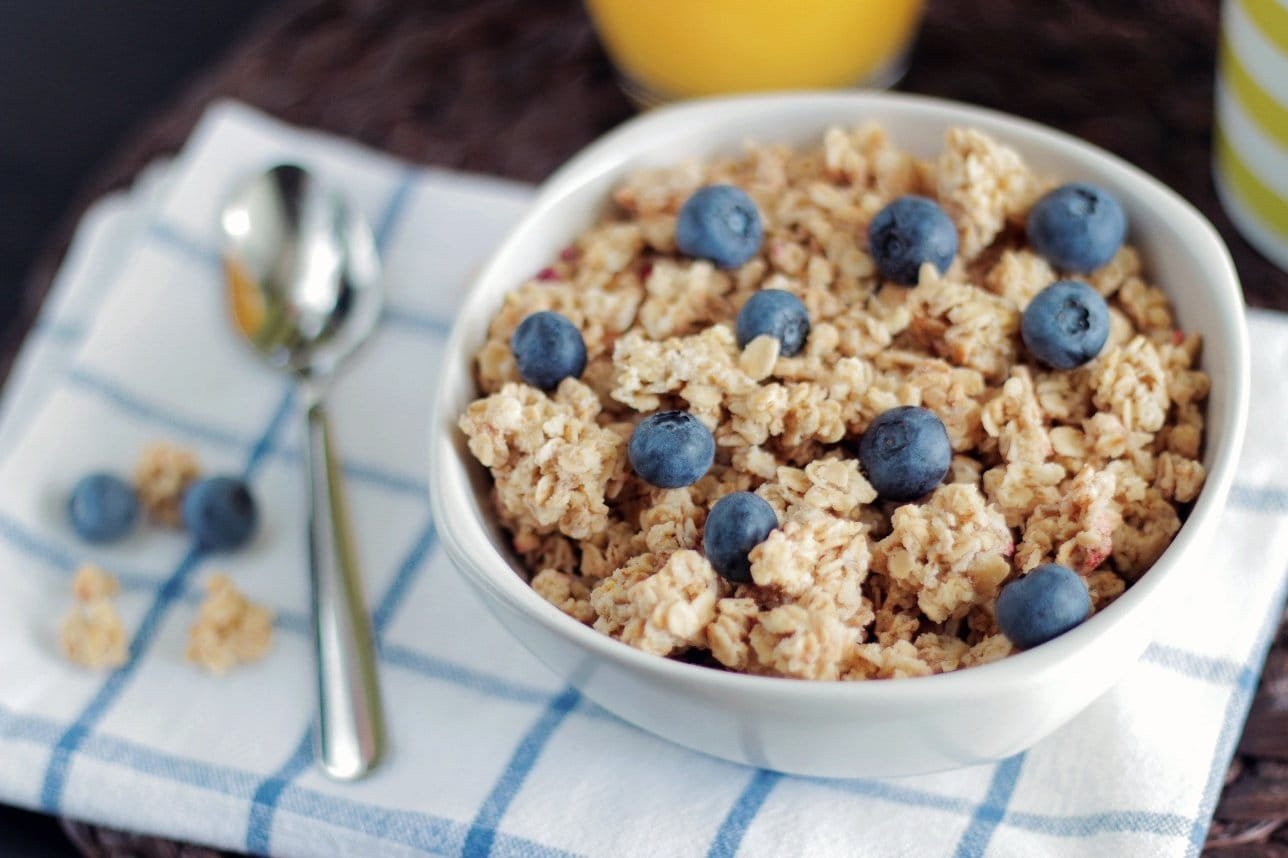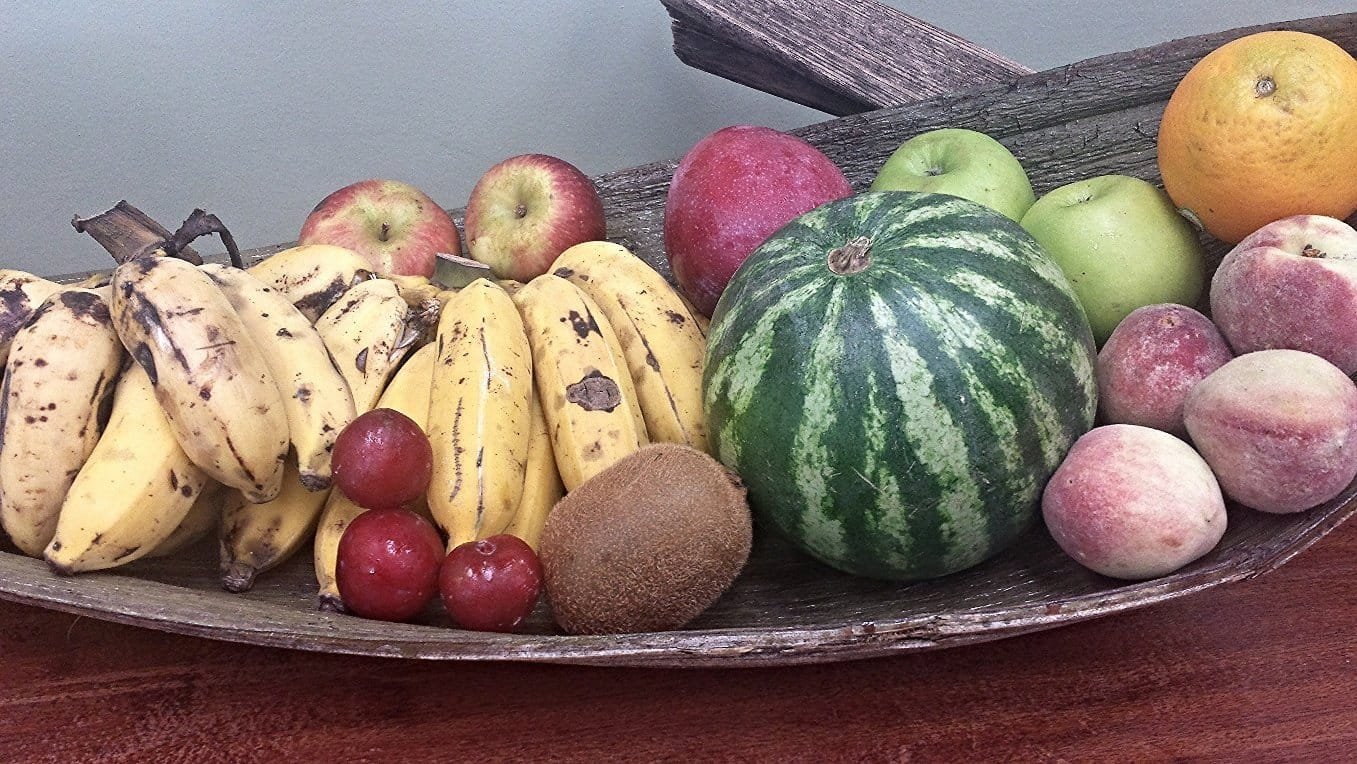When you are focused on maintaining or losing weight you may get plenty of advice about carbs. What should be your plan? Should you avoid carbs at all costs or only a few of them? Stay with us as we go through the facts behind the most common carbohydrate myths.
Myth 1: Carbs make you fat
People very often say that carbs are fattening. However, complex carbohydrates such as whole grains are not fattening foods. The myth may have sprung up from the carbs effect on the insulin levels. When you eat carbohydrates, your blood glucose level rises and it prompts your body to release insulin. When insulin is released the glucose is redirected to cells.
It is not the carbohydrates themselves but the type and quantity of carbs you eat that result in weight gain as many carbs contain excess sugar and calories. For examples, desserts, white bread, rice, pasta, snacks like chips, crackers, and pretzels. In these refined carbs, the outside of the grain that contains fiber and some protein has been stripped off resulting in glucose level spike.
The carbs which contain fiber (brown rice) or proteins (legumes) increase the blood glucose level slowly, need less insulin and keep you full for a longer duration. You may eat complex carbs such as beans, whole grains, and fresh fruits in moderation. The basic rule of thumb for weight loss is to limit your carb intake to about 1 cup per meal. The carbohydrate intake must be around 40 to 45 percent of your total calories. The healthy fats must constitute 30 to 35 percent of the total calorie intake and lean proteins must make up the remaining 30 percent.
Myth 2: Carbs are present only in white foods
Most people have a lot of confusion about which foods which contain carbohydrates. Often rice, pasta, bread, sweets and sugary drinks are regarded as carbohydrates. Beyond the white foods, the complete list of high-carb foods also includes:
- Corn;
- Sweet potatoes;
- Peas;
- Squash;
- Yogurt and milk;
- All grains, including quinoa, whole wheat, and oats;
High-fiber carbs – legumes, whole grains, fruits and starchy vegetables and high-protein carbs – yogurt, legumes, and milk are far more nutritious than low-fiber carbs like refined grains, sugary drinks and sweets.

Myth 3: Fruits are bad as they are high in carbs
People often consider fruits to be bad thinking it has too much sugar. However, the truth is that fruits are dense in nutrients. It contains fructose which is a natural form of sugar and provides you with valuable fiber, vitamins, minerals, and phytonutrients.
But most fruits these days are far larger than the recommended portions. This can make your total carbs and daily calories add up fast. One serving of hand fruit – orange, apple, peach, plum or pear is the size of a tennis ball. 17 small grapes and a 4-inch banana is one serving.
It is recommended to consume fresh or frozen fruit without added sugar instead of fruit juice. If you love fruit juice the portion must be limited to 4 ounces as fruit juice is more concentrated in fructose but lacks fiber.

Myth 4: Carbs leave you foggy-brained and drained
This is not true as every cell in the human body utilizes carbohydrates as sources of energy. If you are on a low carb diet your brain will not be able to use the carb glucose for energy. Instead, it will derive the energy from ketones contained in fats. However, according to a study published in the International Journal of Obesity and Related Metabolic Disorders in 1995 when ketones are burnt instead of glucose, it may impair the brain functionality.
You can turn to carbs at least four to five times a day to keep your energy up in your hectic life just like the athletes load up on carbs before any event. You can opt for healthy snacks which contain a moderate amount of carbs and this can help you in stopping cravings.
Myth 5: Avoiding gluten is healthy and helps you lose weight
These days the gluten-free products are increasingly popping up at the grocery stores. However, it does not mean that they offer you health benefits. McDougall’s research has found that less than 1 percent of people who eat a western diet have celiac disease. Unless and until you have gluten intolerance, there is no need for you to go for a gluten-free diet.
And several people who have self-diagnosed themselves with gluten intolerance may be wrong. It is best to consult your doctor and get a thorough exam before you cut out major food crops from your diet.
You may think that by restricting your diet and going gluten-free may help you cut calories. But according to a study published in the Journal of American Dietetic Association in 2012, it was found that nearly 16 percent people with celiac disease with normal/low BMI moved to overweight BMI category. And around 22 percent of those who were overweight gained weight.
Myth 6: Avoid all white foods
It is true that white food such as sweets and processed grains have a higher glycemic index that raises the blood sugar quickly and causes inflammation. However, other carbs considered white due to the color of their inside layer may be essential for maintaining good health. These carbs may contain several phytonutrients, have antioxidant activity and support immunity of your body.
For instance, potatoes have a bad reputation but are a great source of potassium, fiber as well as vitamin C. However, you may need to stick to a proper portion size i.e. half of a medium potato.
Meanwhile, you can enjoy the following nutrient-rich white foods:
- Nuts and seeds;
- Cauliflower;
- Onions and garlic;
- Beans;
- Apples;

Myth 7: Carbs cause type 2 diabetes
You can eat carbs without dooming yourself to type 2 diabetes. If you have diabetes you must eat carbs and the key is to eat proper portions and choose the carbs that will help you control blood sugar. An article in Nutrition Journal was published that showed people who ate whole grain-rich diets had 20 to 30 percent reduced risk of developing the type 2 diabetes.
On the other hand, dietary fats consumption can increase the blood sugar levels. This may also cause people with type 1 diabetes to require more insulin as per the study published in Diabetes Care.
The carbs essentially helpful for diabetics generally recommended by the nutritionists are:
- Sweet potato
- Oatmeal
- Lentils
- Brown rice
- Plain Greek yogurt
- Wild blueberries
Myth 8: Grains result in inflammation
Few people consider carbs are loaded with inflammation causing ingredients which in turn lead to practically every possible disease, but the research proves otherwise. A study published in Journal of Nutrition in 2010 found that women who ate more than one serving of whole grains were less likely to have moderate or elevated inflammation when compared to those who did not eat any.
You can add following nutritious carbs to nourish your body, ease painful inflammation and stop pain:
- Brown Rice
- Apples
- Nuts and Seeds
- Cauliflower
- Potatoes
Myth 9: Carb consumption leads to heart disease
Carbohydrates are not your heart’s enemies. But the bad carbohydrates such as table sugar and processed food are the real culprits. People who eat low-carb diets have a higher risk of mortality than those who ate more carbs.
Cutting on carbs does not help protect against the coronary heart disease as per a report published in the journal PLOS One in 2013. It was concluded from the study that people who avoid carbs tend to replace fibers and plants with animal-based proteins which may not be healthy for the heart.

Source: Technosoft Innovation, Inc.
Myth 10: Humans were not designed to consume starches
Several studies have pointed to the fact that human ancestors ate starches in addition to meats. According to the 2010 issue of Proceedings of National Academy of Sciences, Europeans started processing starches, grounding them into flour, around 30,000 years ago or earlier.
Another research published in the 2011 issue of the journal, mentioned that starch grains have been found in Neanderthals’ skeleton teeth from almost 44,000 years ago. Though meat products were eaten by the hunter-gatherers, they got most of their calories from plant sources which included starches.
Final Note
So do not write off carbs completely from your diet as they play an important role in a healthy and balanced diet. Pick carbs that are packed with proteins, fibers, essential vitamins and nutrients. The healthy way to eat is to consume natural carbohydrates from fruits, vegetables, nuts or seeds, beans, and legumes. As these carbs have a low glycemic index they do not raise your blood sugar level and contain fiber.
There are plenty of apps and tools available in the market that can help you keep a track of your diet as well as exercise, thanks to the advances in medical product development. At the end, keep in mind that you can start easy – small health changes that include a healthy and balanced diet, regular exercise, and proper sleep can significantly increase the quality of your life.
Author Bio: Shuchi Sankhyayan, MSc, is a Mumbai based Content Specialist who has spent 15+ years romping around the healthcare, medical device, manufacturing, content and software industries. She is currently a Content Specialist at Technosoft Innovations, Inc. where she documents and presents the latest researches and innovations of the company in medical devices industry.

